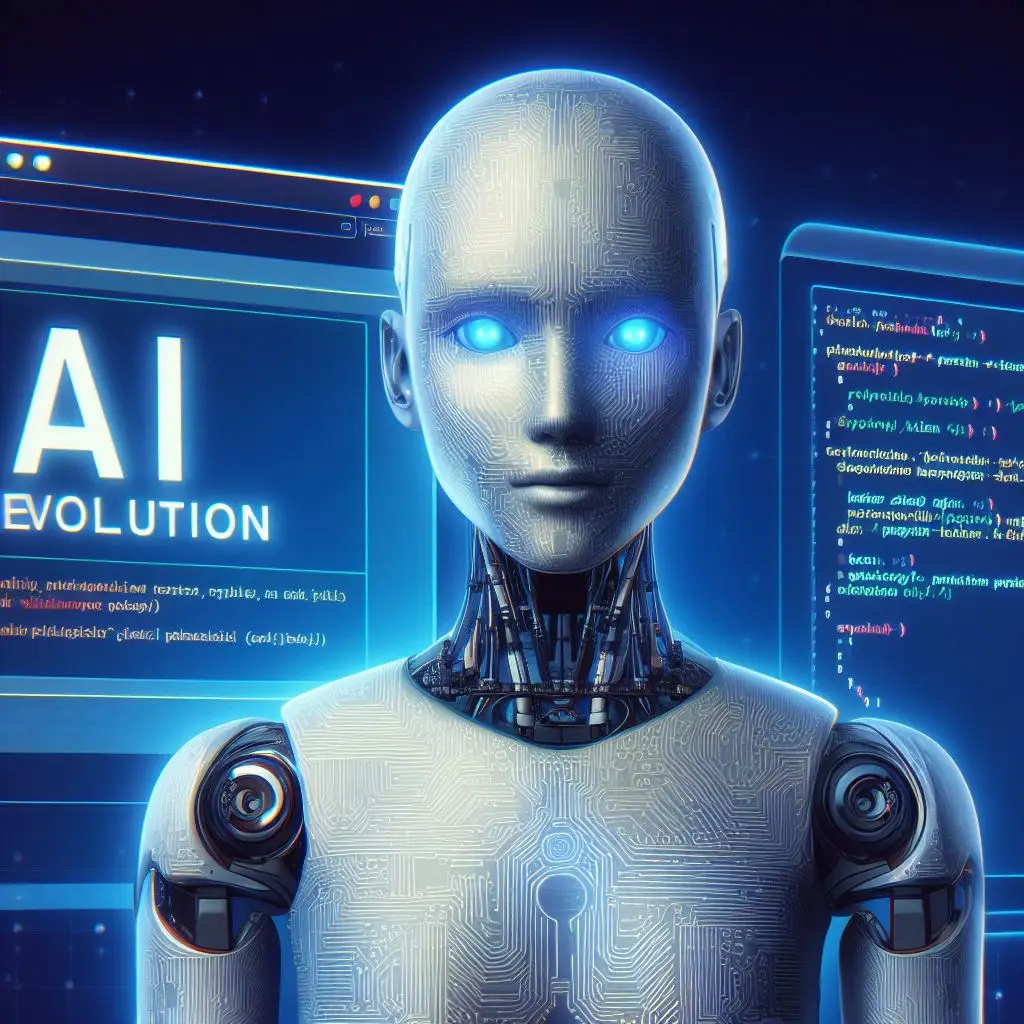Introduction
In an era where countless companies are vying to develop automation tools and AI agents, standing out has become a formidable challenge. Amid this crowded landscape, three industry veterans Sidu Ponnappa, Aakash Dharmadhikari, and Steve Sule found themselves at a pivotal juncture. Originally, they had planned to establish an IT services company, but the launch of ChatGPT in November 2022 profoundly altered their trajectory. This shift in focus led to the founding of realfast.ai, a company dedicated to integrating AI into the fabric of IT services.
The Birth of realfast.ai
Backed by notable investors such as PeakXV, RTP Global, and DeVC, realfast.ai’s flagship project is the Vayu platform. This platform was born from the team's extensive real-world experience in the IT industry. The founding team holds a strong belief that the most effective way to create a meaningful AI assistant is by grounding it in real work tasks that hold commercial value and that customers are willing to pay for. Real work is messy, with many variables, and it’s a completely different dynamic from what you might expect in a lab environment, Dharmadhikari shared in an interview.
The Vayu Platform
The Vayu platform integrates seamlessly with the Salesforce developer platform, allowing AI agents to access the same tools used by human developers, but through a different, more AI-friendly interface. This approach enables AI to assist in tasks traditionally requiring human intuition and experience, setting Vayu apart from other AI platforms that may be limited to more controlled environments.
Development Approach
Building an applied AI product like Vayu, according to Ponnappa, is akin to teaching a child. You need to break down your own thinking and create exercises that teach the AI the principles you’ve learned over years of experience, he explained. This process has led to the creation of AI agents that can handle over 700 specific tasks related to unit testing, reflecting the way human developers approach these challenges. As Sule added, it’s a combination of natural language processing, fine-tuning, and the generation of large quantities of data that makes these AI agents so effective.
Initial Success and Future Prospects
Challenges and Ongoing Mission
Despite their early success, the founders of realfast.ai acknowledge that they face significant challenges. The largest challenge we face is that there’s no existing data for this type of work, Ponnappa remarked. The process and craftsmanship involved in creating a finished product are complex and not easily captured in data, making it difficult to train AI on such tasks. This challenge also underscores the unique value proposition of realfast.ai its focus on creating AI solutions that are deeply integrated into the practical, day-to-day work of IT professionals.
Conclusion
As realfast.ai continues to grow, the founders remain committed to their mission of transforming the IT services industry through AI. Their journey from an IT services startup to a pioneering AI company exemplifies how emerging technologies can reshape business strategies and create new opportunities. With the Vayu platform leading the way, realfast.ai is well-positioned to make a lasting impact on the industry, demonstrating the potential of AI to not just automate, but to enhance and elevate human work.









Add a Comment: